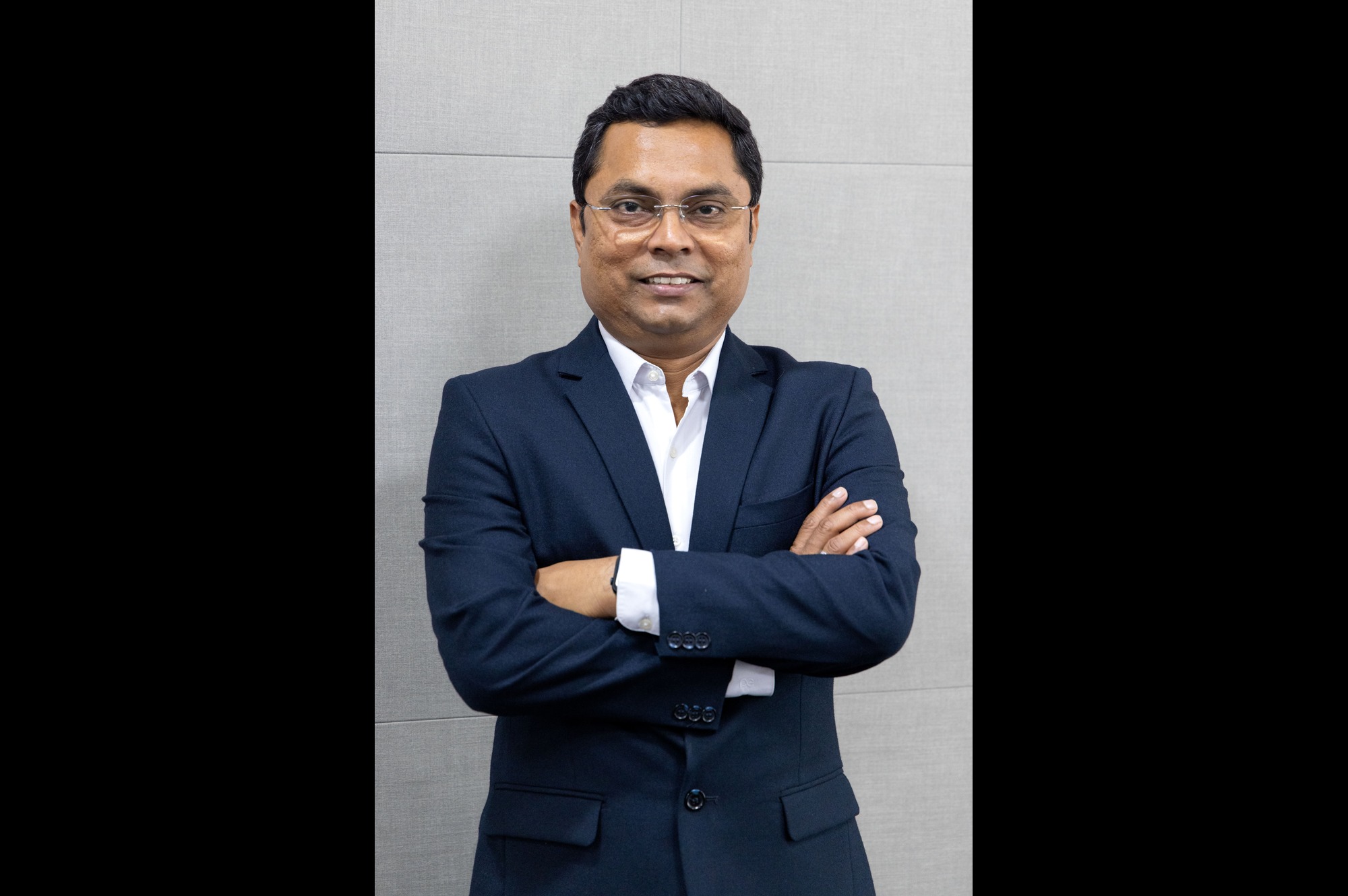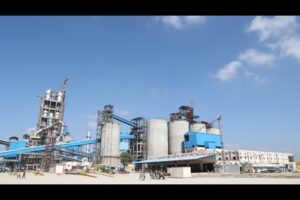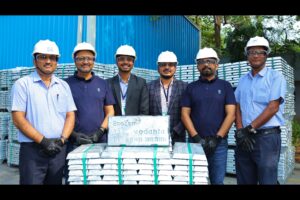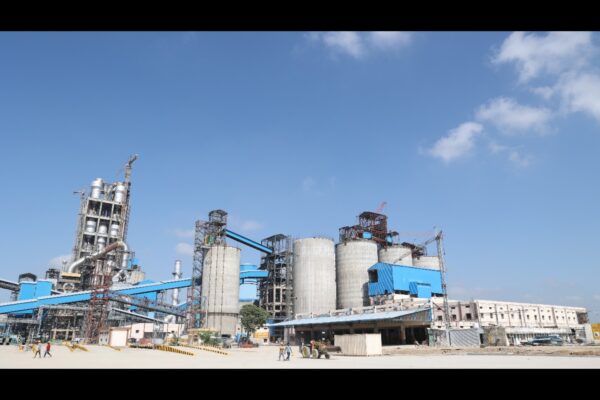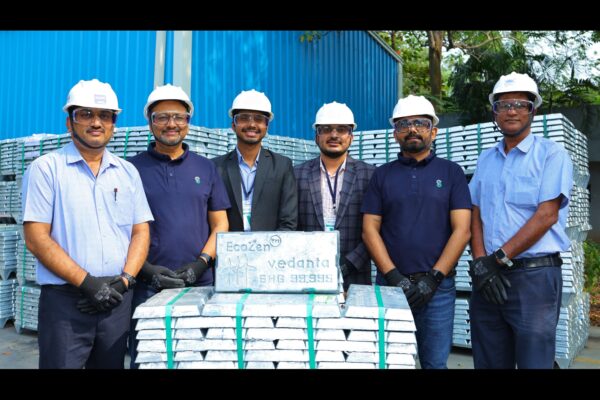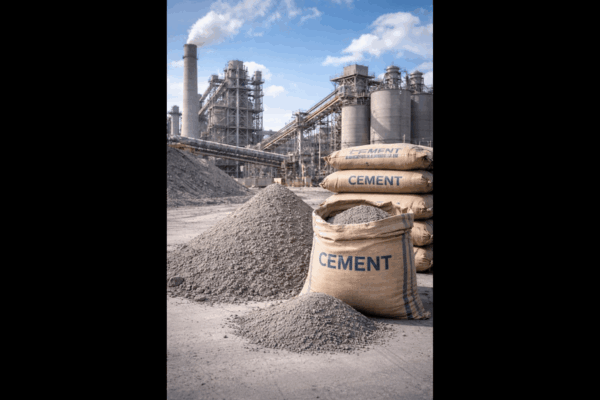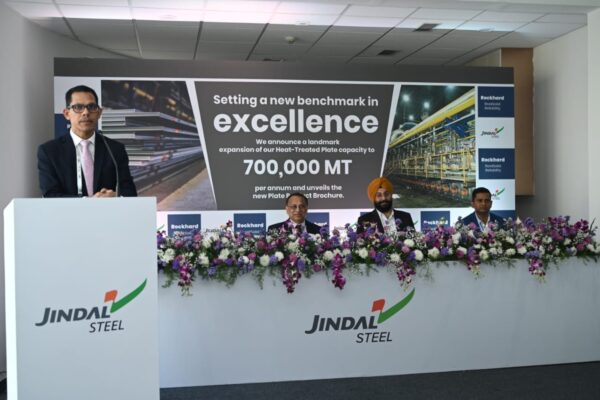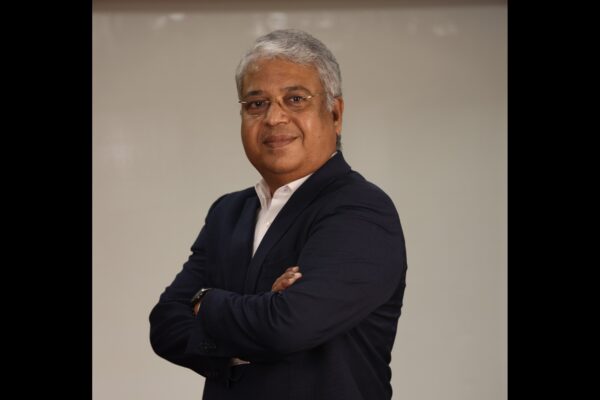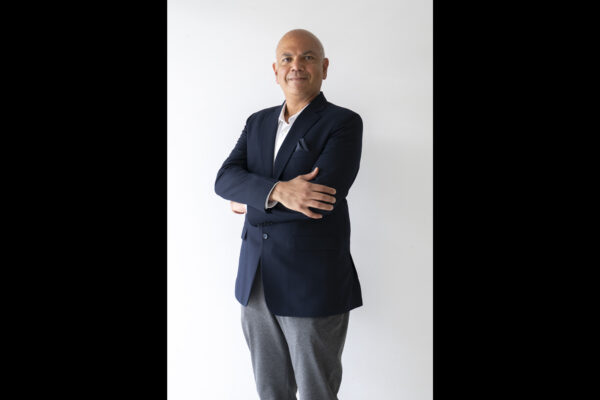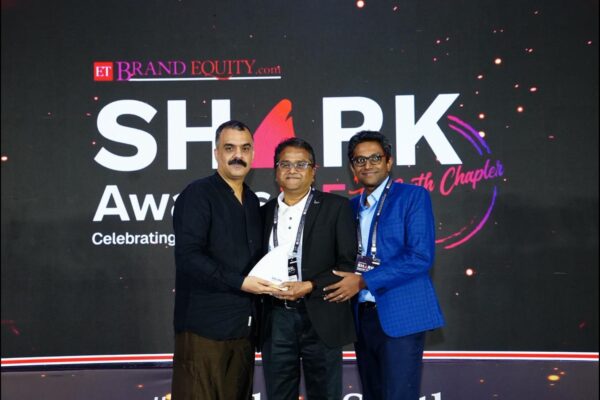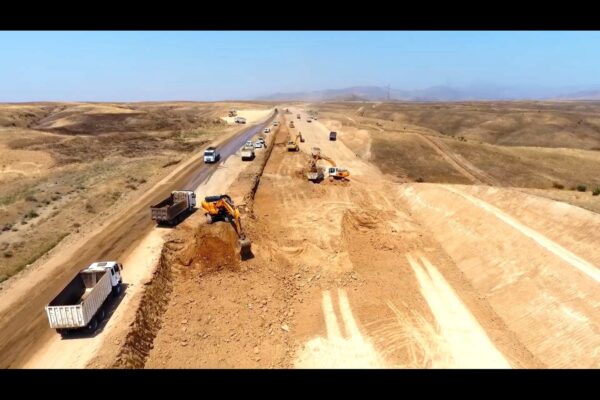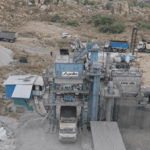Interview: Dheeraj Panda, Managing Director, Ammann India
How Ammann’s equipment has enabled faster, safer, and more efficient execution of major infrastructure projects? Could you highlight notable instances where their equipment played a vital role in the success of landmark infra projects over the past 16 years?
Over the past 16 years, technology has been a constant and key driver of Ammann India’s growth and evolution, enabling the company to consistently adapt and introduce future-ready infrastructure solutions across India and beyond. With a sharp focus on automation, IoT integration, and AI-powered equipment, Ammann has redefined infrastructure execution, delivering speed, safety, and sustainability on some of the region’s most demanding projects. In India, Ammann’s advanced technologies and intelligent equipment have played a critical role in landmark infrastructure developments such as the Ganga Expressway, one of the country’s longest greenfield expressways, where Ammann’s cutting-edge asphalt plants and compactors enabled rapid and precise road construction across challenging geographies. Similar successes have been achieved in the NH 66 widening project and various segments of Bharatmala and Sagarmala initiatives, where expressways, national highways and port-access roads demand the highest levels of quality, consistency, and safety. Ammann’s equipment is engineered to meet this demand with precision. For example, Smooth start-stop systems on our compactors, low temperature asphalt, mastic asphalt, SMA addition, Fibre addition, Waste Plastic addition technology in asphalt plants and double tamper systems in our asphalt pavers improve efficiency, lower consumption of raw materials and better quality of roads. Technologies such as intelligent compaction systems, RAH60 recycling systems (enabling up to 60% recycled asphalt), and rapid-assembly & high accuracy concrete plants streamline timelines while improving environmental performance. Notable achievements include the Chittagong flood-protection infrastructure, built using ASC 120 compactors, and the Dhaka-Chittagong Highway, where AV 110 X rollers achieved optimal compaction in fewer passes, dramatically increasing productivity. Closer to home, Ammann has supported metro rail developments, high-speed corridor preparations, and retrofitting asphalt plants deployed in the maintenance of aging highways across India and other countries consistently delivering world-class outcomes. By leveraging its technology-forward philosophy, Ammann has empowered contractors and governments alike to execute infrastructure projects faster, safer, and more sustainably. Its intelligent, high-precision fleet has set new industry benchmarks in highways, expressways, metro systems, airports, and smart cities—cementing its role as a trusted partner in building the infrastructure of tomorrow.
How have Indian construction equipment manufacturers scaled up capabilities, improved quality, and expanded exports in recent years?
India is now the world’s third-largest CE market after its construction equipment manufacturers strategically expanded their capacity to become global players. Backed by increased government spending on infrastructure, especially in roads, railways, and urban development, domestic demand surged, encouraging firms to scale up production and enhance capabilities. 90% of businesses implemented lean processes and digitalization, and over 50% of them indigenized and adopted advanced manufacturing technologies through “Make in India” initiatives. Improvements in quality include widespread use of telematics, IoT, and AI-driven controls, as well as adherence to international standards such as CEV Stage 5 emissions norms. Infrastructure Equipment Skill Council has also played a valuable role in skill development of construction equipment workforce. Serving more than 100 countries in Africa, the Middle East, Latin America and Southeast Asia, export growth jumped by 10% in FY25. Over 25% of Ammann India’s products were exported to allowed for competitive pricing, making India a preferred supplier in developing nations.
What steps is your company taking to adopt electric, hybrid, or low-emission construction equipment, and how do these efforts align with India’s decarbonisation and Net Zero goals? How are construction equipment manufacturers evolving from product providers to strategic partners for EPC contractors?
With zero-emission devices like the eAPH 70/95 plate and eARX 26-2 roller, which use cutting-edge Li-ion batteries for urban applications, Ammann is quickly growing its line of electric equipment globally. Hydrogen (H2) burners that allow for 100% hydrogen fuel use and CO₂-neutral operations, as well as systems that can handle up to 60% recycled asphalt materials, are examples of their sustainable plant technologies. Importantly, Ammann equipment does not use coal, ensuring that its operation avoids one of the most carbon-intensive fossil fuels entirely. By lowering direct emissions and making it possible for green infrastructure projects to adhere to stringent air quality standards, these programs directly support India’s Net Zero 2070 goals. With integrated lifecycle support that includes engineering planning, digital jobsite integration, predictive maintenance, and ESG reporting capabilities, construction equipment manufacturers are moving beyond product supply to become strategic EPC partners. Through extensive telematics and IoT solutions, this transformation optimizes project delivery and resource planning while assisting contractors in meeting sustainability targets.
What are the key skill gaps you see in operating advanced construction machinery, and how are you addressing them?
Numerous workers today lack the new skills necessary to operate sophisticated construction equipment. They include mechanical & electrical troubleshooting, adherence to safety protocols with high-tech features, analytical problem-solving, data interpretation for diagnostics and predictive maintenance, technical proficiency with digital systems and IoT interfaces, and effective communication for complex projects. Through extensive multi-tier training programs that combine classroom instruction, practical machine experience, and high-fidelity simulators like the as1 Control System, Ammann Academy situated in our Ditasan factory fills these gaps. Digital controls, preventive maintenance, safety procedures, and the development of analytical skills are all covered in their adaptable curriculum. Pre & post-training tests, continuous performance reviews, and feedback loops for ongoing development are all part of the program. Ammann works with industry skill bodies and runs several training programs to guarantee that operators can safely take advantage of the full potential of sophisticated machinery in contemporary construction settings.
What must the industry focus on to remain competitive, sustainable, and future-ready in both domestic and global markets?
To stay competitive and future-ready, both in India and globally, the construction equipment industry must zero in on technology, talent, and sustainability. Speed, quality, and precision are now non-negotiable so staying ahead of the curve with investments in advanced tech, automation, electrification, digitisation, and even autonomous machines is a must. Also, it’s no longer about only building faster, it’s about building smarter and safer. Further, great machines need great people. A skilled, trained workforce is key. We need to invest in upskilling, creating an ecosystem that’s ready to operate, maintain, and innovate with new technology. Collaboration is also vital especially in R&D and tech transfers. Working together across borders and sectors helps us bring the best solutions to market faster. We cannot disregard our obligation to protect the environment. Sustainability is no longer a choice, it’s a business imperative. That means cleaner equipment, energy-efficient processes, and supporting green construction practices. Industry is gradually focusing on lifecycle solutions, safety-first culture, and adaptive business models like equipment-as-a-service. The future belongs to those who build with speed, precision, and purpose, powered by tech, driven by people, and anchored in sustainability.
Tags

